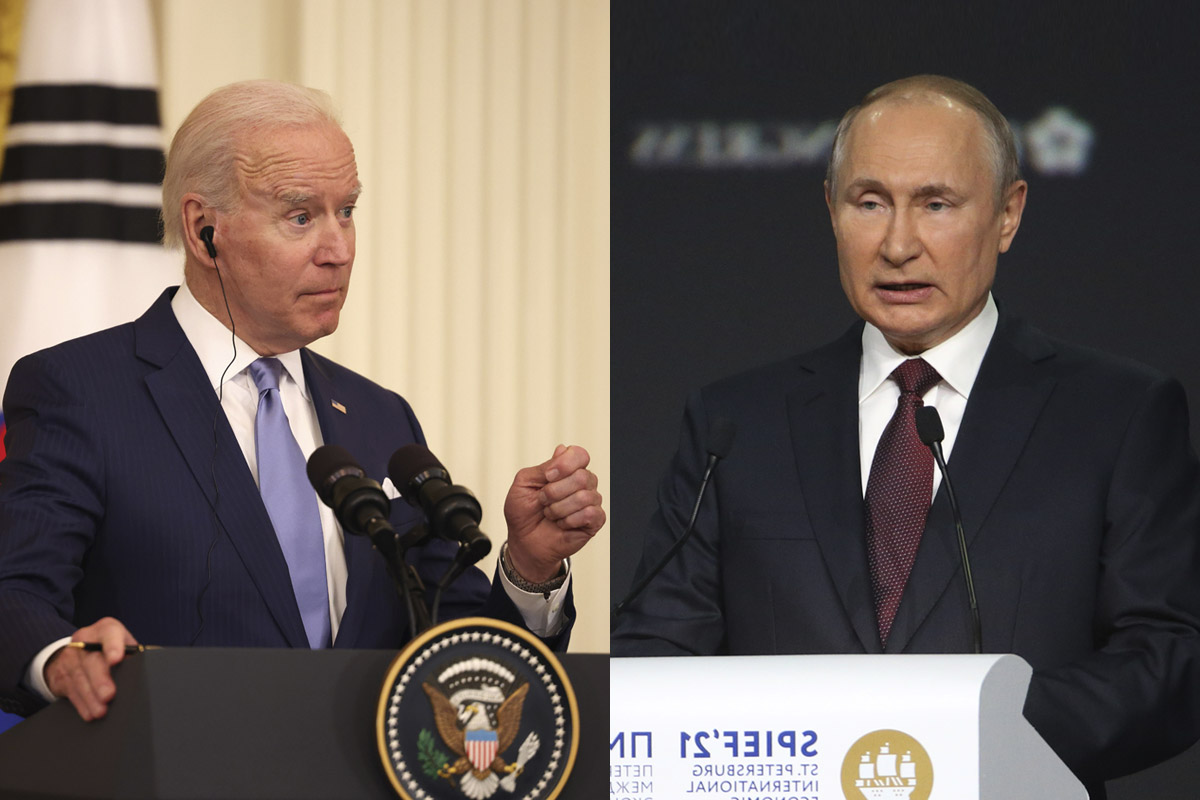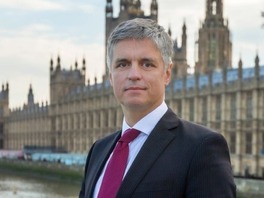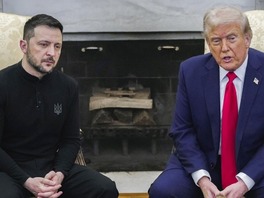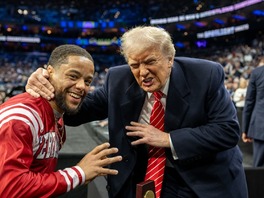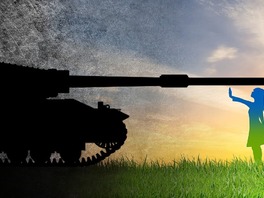June 16th can’t arrive fast enough. For the first time in Joe Biden’s presidency, a meeting will take place between the new U.S. President and his Russian counterpart, Vladimir Putin. Russian-U.S. relations have been deteriorating significantly for a while now, reaching a new low last year with Washington accusing Moscow of election interference, human rights violations, and the continuous stimulation of the ongoing conflict in Ukraine. It doesn’t help that, since Biden has taken office, he has called Putin a “killer” and threatened that he will end up paying the price for Russia’s interference in the U.S. elections. Russia, on the other hand, has repeatedly accused the U.S. of sticking its nose where it doesn’t belong and disrupting international stability.
A less than friendly narrative, then, which will cause all eyes to be on Switzerland, where the two heads of state will finally meet to hit the restart button on their relationship. Both countries deem it necessary to avoid repeating the same mistakes made throughout the Cold War, meaning earnest dialogue and improved communication are key factors to be rediscovered. The topics on the agenda will range far and wide, from the current state of US-Russian relations to the threat of the coronavirus. One of the most important topics of discussion, however, will be the American plea for regional stability and seizing the conflict in Eastern Ukraine.
Although it is expected that Biden will give Putin a quick rap on the knuckles for the latest of Russia’s misconduct in Eastern Ukraine and the recent military flexing that took place on the border, it’s very doubtful that any tentative results will come out of this meeting. It is clear that keeping Kyiv out of the EU/NATO narrative is a key foreign policy issue for Putin - one that he won’t forego too easily. A stable, democratic and westernized Ukraine is a security threat for the Kremlin, and the U.S. can’t or doesn’t want to offer anything as a trade-off. Nevertheless, it’s good news that the West makes it a habit to bring up Ukraine in its international political discourse.
Having friends in high places is important, no less so for Ukraine. It’s disappointing, though, to see our country take so little initiative in the international arena and allowing for the “big boys” to converse over its own head, without lifting so much as a finger to participate. It solidifies the image of Ukraine being the meek little sheep in the corner, waiting for the world powers to converse between themselves and make decisions on Ukraine’s future without any input from President Zelensky himself. The Ukrainian government simply doesn’t participate in international discourse that pertains directly to the Ukrainian people, which speaks volumes of its passivity and incompetence. This is particularly worrying as Russia keeps on demonstrating, most recently earlier this year, that it can and will engage in a full-scale military invasion when provoked.
The responsibility to ensure conflict settlement and peacebuilding doesn’t lie with the U.S. and certainly not with Russia, but with Ukraine itself. Or so you’d think.
It’s particularly straining to witness this passivity when other international actors take that initiative on themselves and try to push forward new ideas on how to fortify inter-state trust and encourage open, healthy dialogues. In their latest statement “Advancing Strategic Stability in the Euro-Atlantic Region, 2021 and Beyond”, the Euro-Atlantic Security Leadership Group does exactly that. This group of state officials and experts managed to seize momentum by writing their own narrative, an innovative take on how to stabilize the region, ensure international cooperation and reduce the risk for future conflicts. The statement puts forward principles such as open dialogue, transparency, and predictability, as well as writes out eight steps for managing instability and building mutual security.
The core of this group – Des Browne, Ernest J. Moniz, Sam Nunn, Wolfgang Ischinger and Igor Ivanov – sent the statement out to over 30 different Euro-Atlantic heads of state and government representatives, in anticipation of the array of political summits and meetings that are to come in June: G7 summit, NATO summit and the US-EU and US-Russia meetings.
Not only does the statement form an attractive base for the recommencement of the Euro-Atlantic – Russia dialogue, it also manages to protect Ukrainian interests in the international arena as is. The EASLG rightfully points out that Ukraine remains a “potential flashpoint for catastrophic miscalculation” between Moscow and the West. Once again, the importance of finding a constructive dialogue with Russia and come to a resolution of the conflict in the East, as well as the situation in Crimea, is stressed to be fundamental to ensure peace and security in the region. This pragmatically diplomatic way to approach the status quo serves as an example for Ukraine and the world.
There’s no reason to believe that Russia’s long-term strategy on Ukraine has changed since the start of the war in the East. Ukraine has been in the eye of the (same) storm for more than seven years now but still hasn’t managed to adopt the skills and mindset necessary to survive. Its diplomatic corps remains antiquated and incapable of successfully lobbying Ukrainian interests and its political workgroups lack innovation and creativity. The international community is growing increasingly frustrated with Ukraine’s lack of progress. Nobody wants to be fighting someone else’s fight, especially if the government whose interests you’re defending isn’t capable of formulating its own requests, demands and participation in international discourse.

